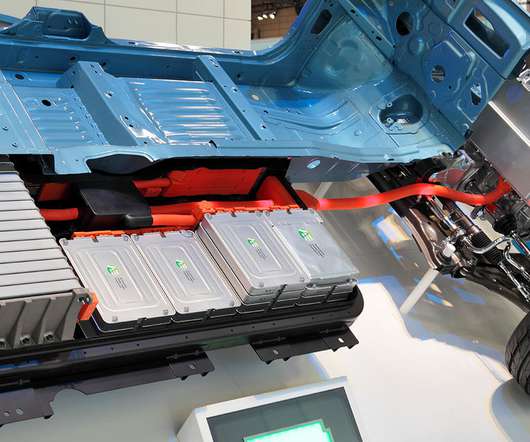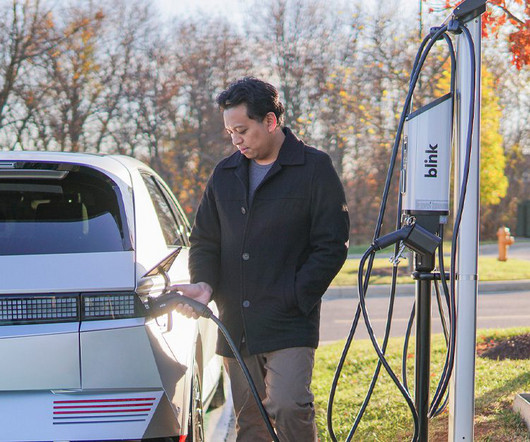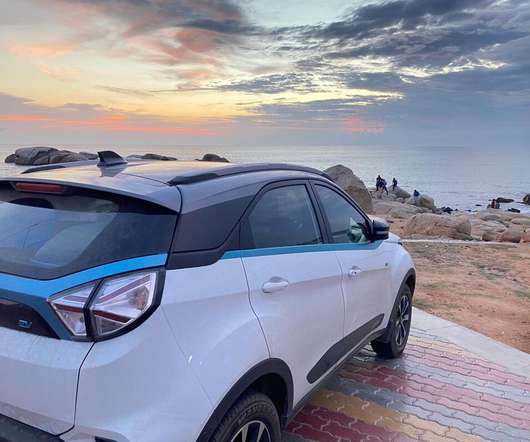HyBoost Project Aiming for 30-40% CO2 Reduction Without Performance Compromise
Green Car Congress
NOVEMBER 30, 2009
The HyBoost project ( earlier post ), a two-year collaborative research program led by Ricardo in partnership with Controlled Power Technologies, the European Advanced Lead Acid Battery Consortium, Ford, Imperial College London, and Valeo, aims to demonstrate a very cost-effective, ultra-efficient gasoline engine in a C-segment passenger car.























Let's personalize your content